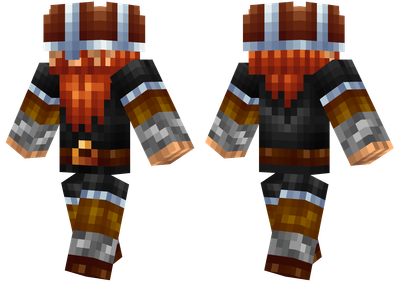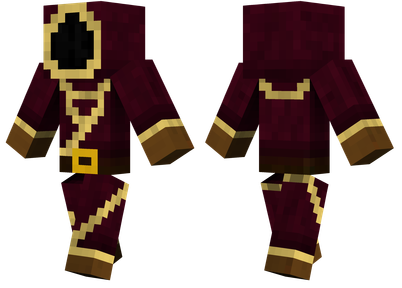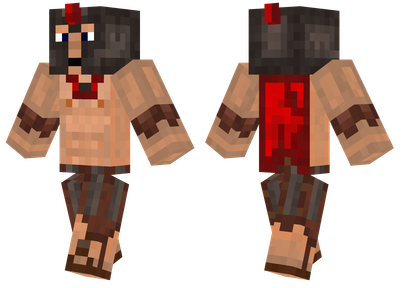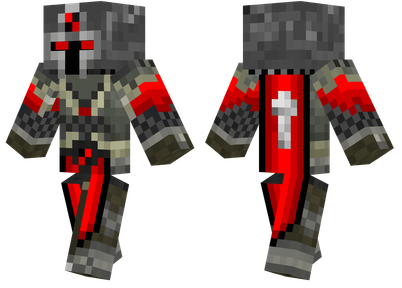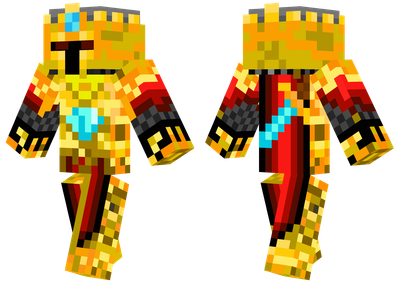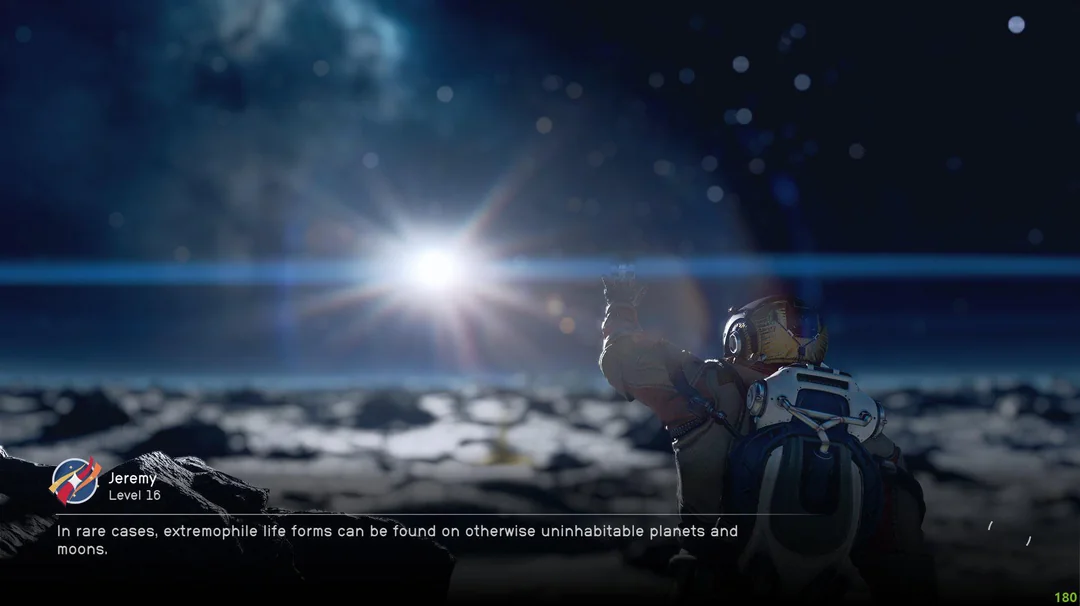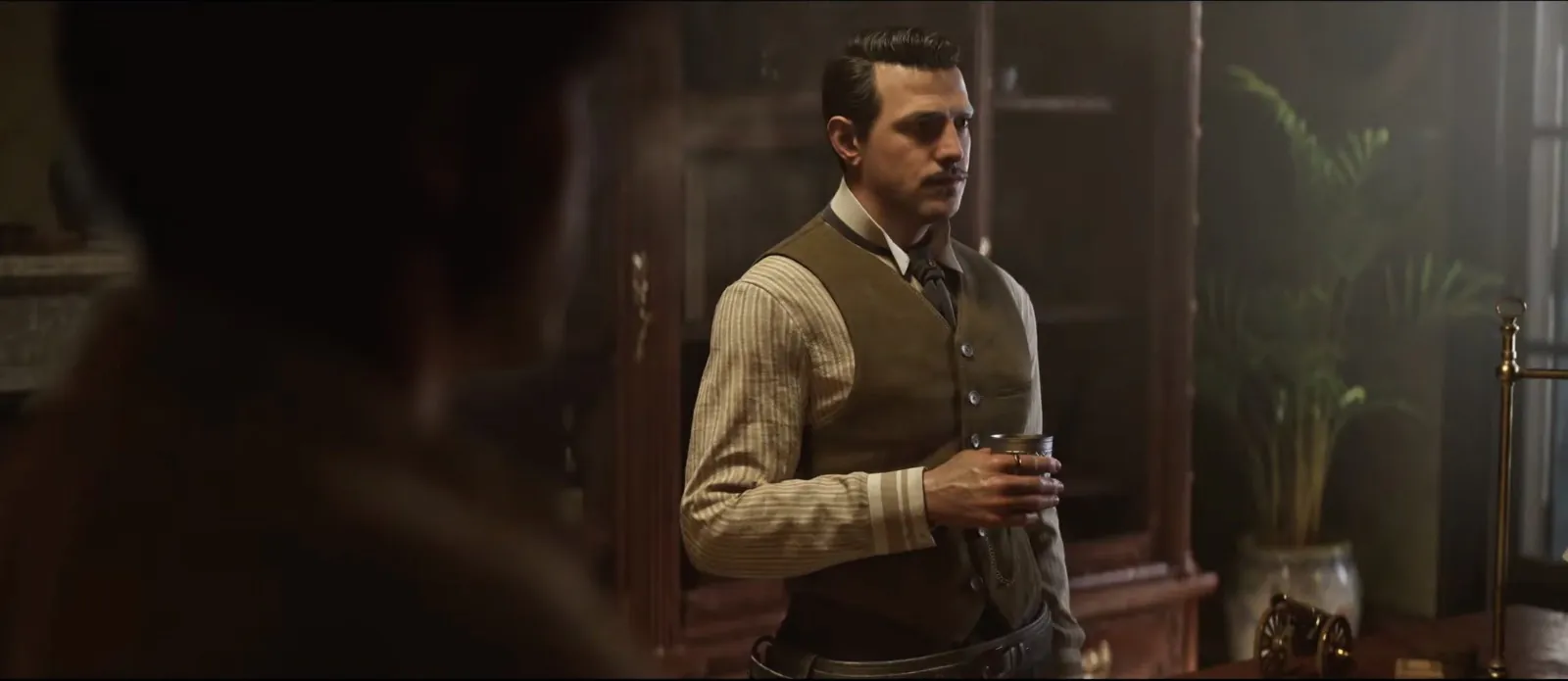Intellectual property law should be a powerful tool to protect creators' rights and interests, but the reality of this system now often becomes a "copyright minefield" that makes anchors frightened by background music.Among the many controversies, the legal status of the game module is particularly prominent - and according to the latest interview, Larion Studio has a clear position on this.Swen Vincke publicly calls on game companies to change their attitude towards players' homemade modules.
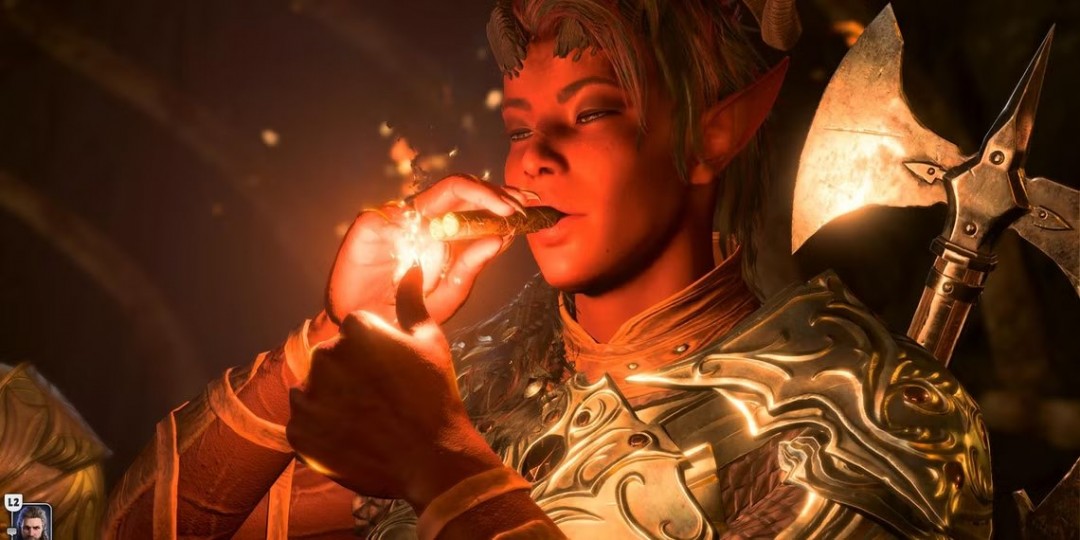
“Isn’t that great?” Vincke said in an interview with GameSpot. “From a marketing perspective, these modules represent the enthusiasm of players and are real word of mouth. You can just say, ‘Hey, I think your work is cool, this is license’ – the problem is solved.”
Vincke cited several examples of benign interactions between developers and fans.He believes that this recognition can send a positive signal more than suppressing creativity, and that game companies should fully support players' enthusiasm.
The first case comes from the recently released remake of "The Elder Scrolls 4: Annihilation".Long before the official remake news was announced, the fan team had been remaketing "Obsolutely" in the "Skyria" engine for many years, and Bethesda gave each member of the Skyblivion project team a remake.
Another case is the "Bodd Village" module - this creative work implants the character of Baudd Gate 3 into the world of Stardew Valley.Vincke pointed out that if such IPs operate through official channels, they often face legal difficulties, but fans can achieve this purely out of love.

In the report, Videogamer quoted the revision of the Pokémon ROM as an example to confirm Vincke's core point of view.Nintendo, known for copyright litigation, has been using legal means to deal with the fantasy beast Palu recently, but the creativity of the player community has never been extinguished.Whenever a project is banned, more revisions are emerging.Vincke believes that as long as there is no commercial profit involved, companies should accept these creations.
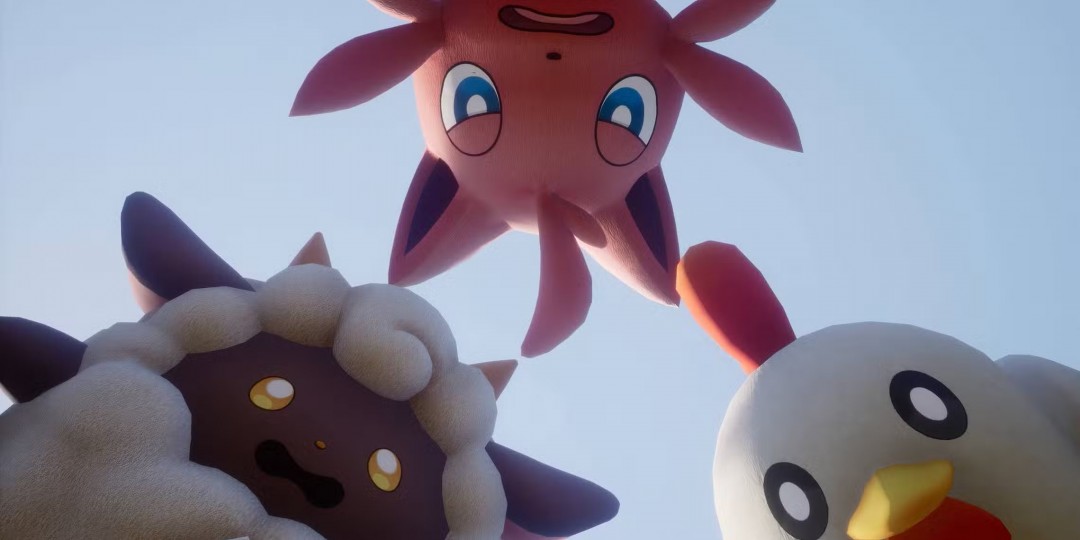
“Intellectual property law is essentially exclusive,” Vincke pointed out. “It deviates from the basic principles of the free market, and this is why various absurd phenomena have emerged. This must be pointed out because it is driving companies to do weird behaviors.”



